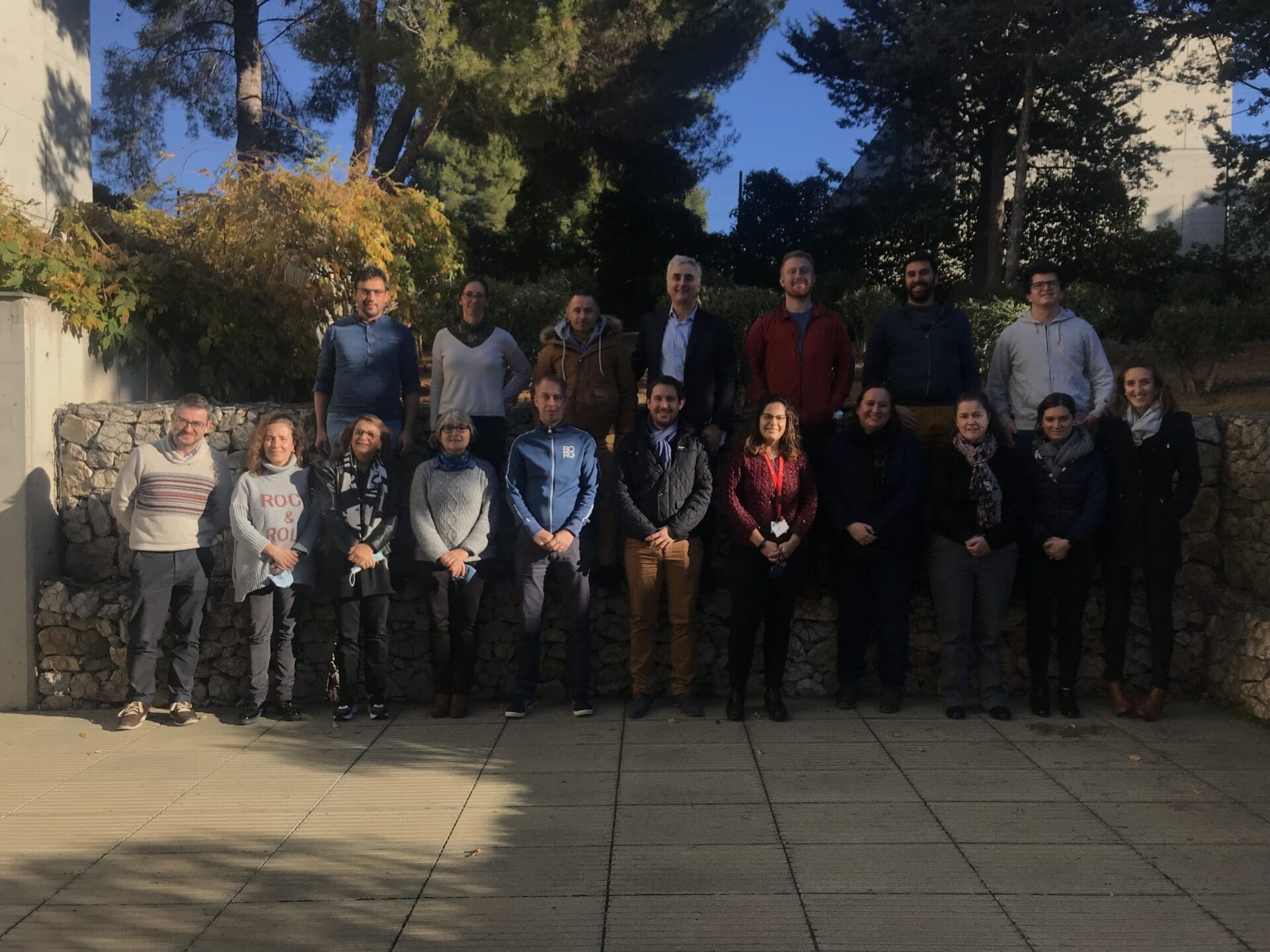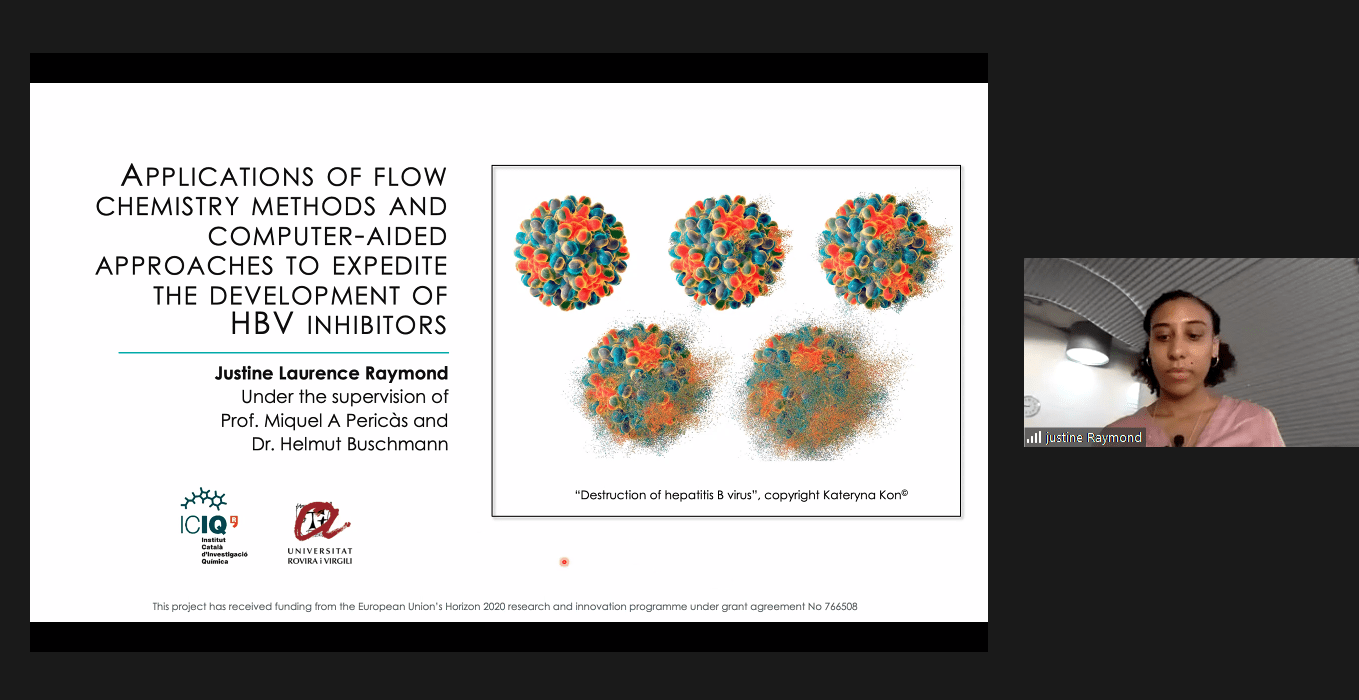New hopes for asymmetric [8+2] annulations
27th October 2017 -
Pericàs’ group developed an enantioselective [8+2] cycloaddition triggered by a sustainable and highly recyclable catalyst.
Cycloadditions are a useful tool in synthetic chemistry, quite appreciated for their atom economy and high selectivity. However, so far very few chemists have achieved enantioselective high order cycloadditions – reactions that involve more than six π electrons. Now, a team at ICIQ led by Prof. Pericàs discovered a recyclable isothiourea catalyst that promotes asymmetric [8+2] annulations.
This new reaction combines azaheptafulvalenes –a recognised synthon in the production of highly functionalised bicylic systems– and chiral ammonium enolates to yield asymmetric 7,5-fused heterocyclic compounds. Researchers demonstrated the versatility of this procedure synthesising a wide scope of products with good yields and very good enantiomeric excesses (ee = 90-97%).
The transformation is catalysed by an immobilised isothiourea that can be easily recovered by filtration. Without further treatment, the catalyst may be reused in a new reaction showing no significant decrease of yield nor stereoselectivity. The accumulated turnover number after seven consecutive recycling experiments was 44.7, almost five times bigger than the TON observed in the classical homogeneous approach for asymmetric [8+2] annulations.
Pericàs’ team also demonstrated the huge potential of this reaction in organic chemistry analysing the behaviour of some of the [8+2] products in Diels-Alder reactions. The result of these experiments was quite satisfactory – it produced the Diels-Alder adduct with total regioselectivity and high enantiomeric excess. The structure of the products was confirmed using X-ray diffraction analysis.
Catalytic Asymmetric [8+2] Annulation Reactions Promoted by a Recyclable Immobilized Isothiourea
S. Wang, C. Rodríguez-Escrich, M.A. Pericàs
Angew. Chem. Int. Ed. 2017, DOI: 10.1002/anie.201707341.
Related news

Let's create a brighter future
Join our team to work with renowned researchers, tackle groundbreaking
projects and contribute to meaningful scientific advancements








 27-06-2022
27-06-2022 



















